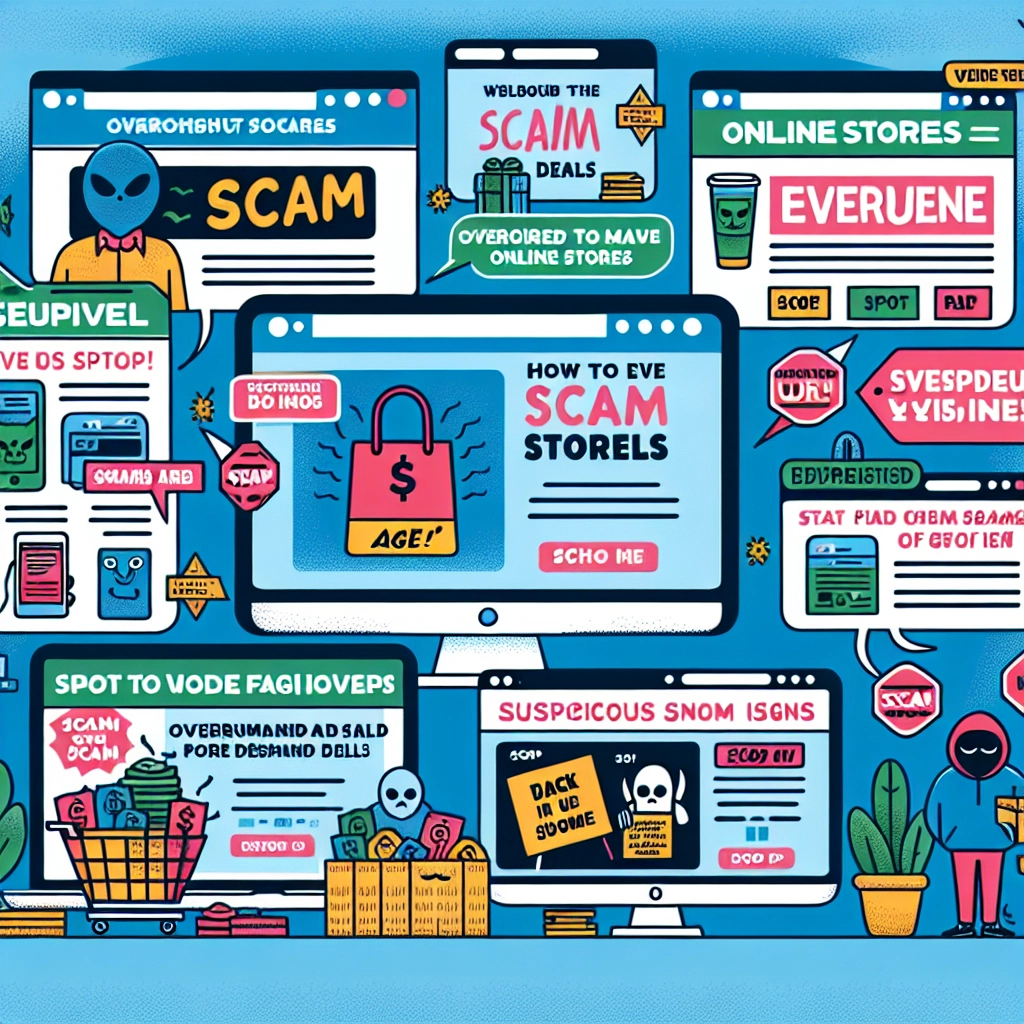I recently experienced what can happen when you rush through an online purchase without paying enough attention to the signs of a scam. Despite my understanding of domain names, I fell victim to a fake website.
I was out of a dietary supplement I occasionally order and turned to my phone to restock. The company wasn’t using its official domain, so I relied on Google to direct me. An ad for the product appeared, and I clicked it, excited to see it was on sale. I quickly added the item to my cart and proceeded to checkout.
However, when I tried to submit my credit card information, I received a strange error message suggesting I try another card instead. This was odd; I had never encountered such a message before, which typically points to an issue with the card itself, not a suggestion for alternatives.
Upon reflection, the ".store" domain didn’t seem right. I distinctly remembered the legitimate store using a ".com" domain. My suspicions were raised when I noticed two ads for the product—one sporting a favicon and the other not. Both domains were similar, but the differences made me cautious.
I opened my laptop to investigate further. There was something unusual about the checkout process; it looked different from the typical Shopify setup. After checking the source code of the checkout page, I found suspicious scripts in Chinese. Alarm bells went off as I discovered the domain had only been registered days before.
A quick look at the Whois information confirmed my worst fears: the legitimate company’s domain was registered with another registrar. Clicking more details on the ad revealed that it was paid for by someone based in China.
Fortunately, I discovered that my credit card hadn’t been charged, meaning the site was likely just a collector of credit card information to sell off later. I promptly contacted my credit card provider to request a new card, knowing it would be a hassle to update my payment information with every retailer that I frequently use.
This experience reminded me of the importance of taking my time during online shopping—especially on mobile devices where distractions abound. It also changed my perspective on others who have fallen prey to scams; anyone can become a target, regardless of how savvy they might believe they are. The sham site’s discount was likely a deliberate ploy to rush potential victims into making hasty decisions.
In the end, I did my part by reporting the fake ad to Google and the actual company involved. Thankfully, by the next morning, that scam advertisement had been taken down.
Welcome to DediRock, your trusted partner in high-performance hosting solutions. At DediRock, we specialize in providing dedicated servers, VPS hosting, and cloud services tailored to meet the unique needs of businesses and individuals alike. Our mission is to deliver reliable, scalable, and secure hosting solutions that empower our clients to achieve their digital goals. With a commitment to exceptional customer support, cutting-edge technology, and robust infrastructure, DediRock stands out as a leader in the hosting industry. Join us and experience the difference that dedicated service and unwavering reliability can make for your online presence. Launch our website.

